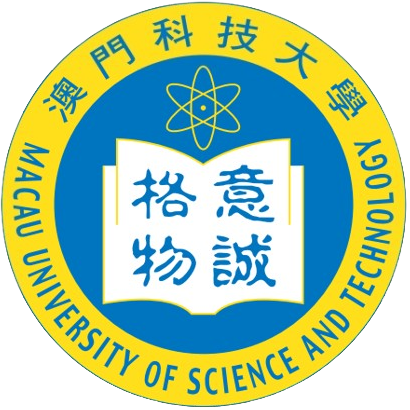MUST 25th Anniversary Celebrations Presidents’ Forum High-Level Dialogue: Innovative Education and Research in Universities amid the Wave of Artificial Intelligence
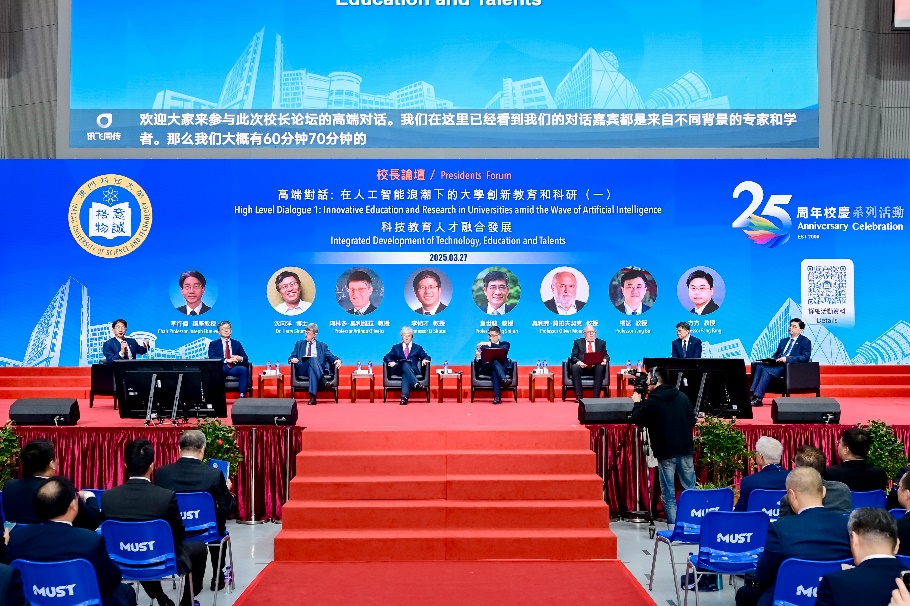
In celebration of the 25th Anniversary of Macau University of Science and Technology (MUST), the Presidents’ Forum “High-Level Dialogue: Innovative Education and Research in Universities amid the Wave of Artificial Intelligence” was held at 10:30 a.m. on March 27 (Thursday), 2025, at Grand Auditorium, Block R Academic Complex. The Presidents' Forum aims to gather practical experiences and innovative achievements from various universities, focusing on themes in education, sustainability, and public health. Over 300 guests and 800 participants attended the forum, including: representatives from the Public Administration Bureau and the Education and Youth Development Bureau of the Macau SAR Government; Honorary Doctors of MUST; members of MUST Foundation, University Council, and Advisory Committee; Vice-Chancellor and President, Vice Presidents, and Associate Vice Presidents of MUST; as well as key leaders and representatives from various universities and corporate institutions. The online live stream garnered approximately 10,000 viewers.
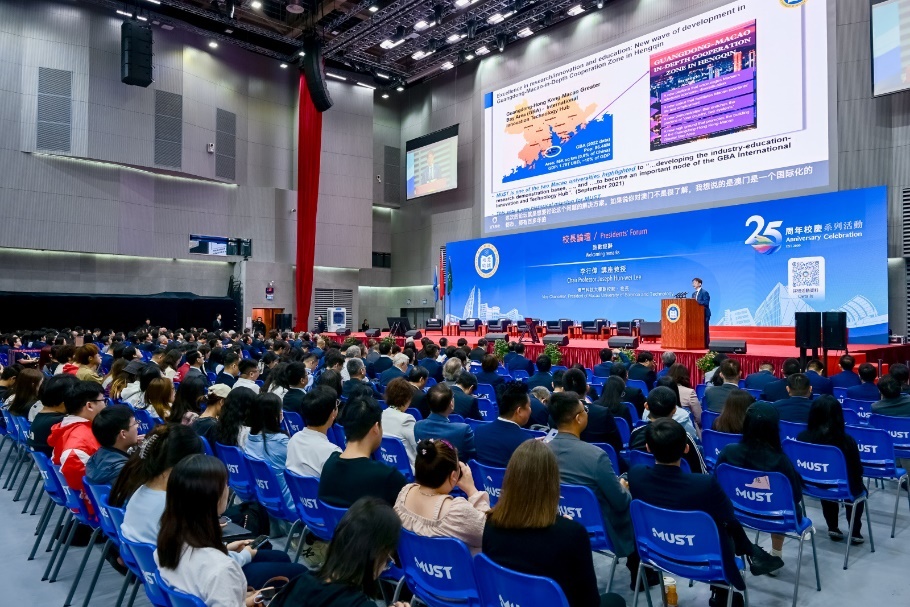
President Lee delivered welcome speech
During the opening speech, President Lee extended a warm welcome to the distinguished guests and highlighted that the rapid development of generative AI large models is profoundly reshaping the educational and research ecosystem. He emphasized that MUST's achievements over the past 25 years reflect the continuous support of the central government and the Macao SAR government, embodying the university's motto "Dedication to practical studies, Enhancement of knowledge, Ability and Quality." President Lee specifically showcased MUST's breakthroughs in aerospace research—the "Macau Science One" satellite project—and conveyed President Xi Jinping's affirmation and expectations for the university's educational endeavors.
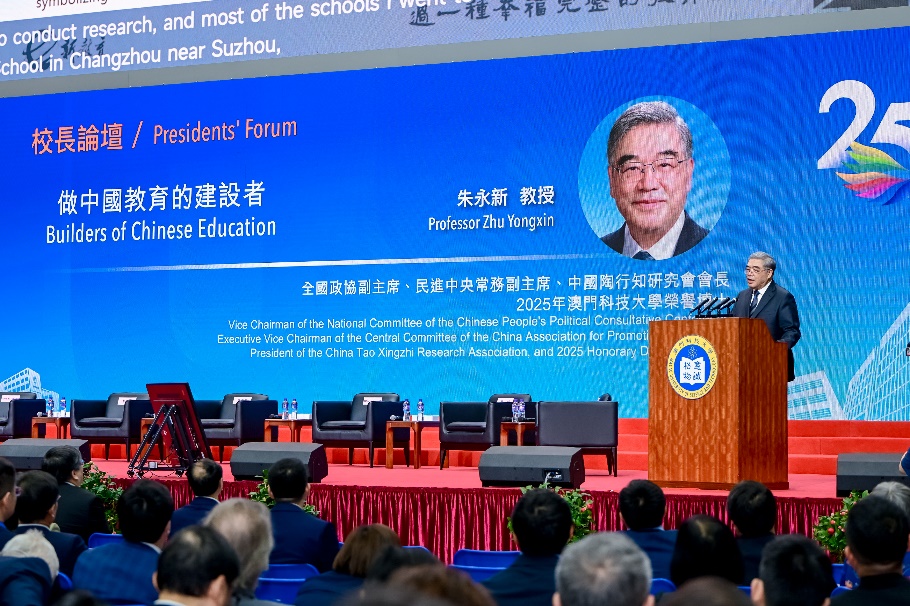
Professor Zhu Yongxin delivered keynote speech
The forum invited Professor Zhu Yongxin, Vice Chairman of the National Committee of the Chinese People's Political Consultative Conference, the Executive Vice Chairman of the Central Committee of the China Association for Promoting Democracy, President of the China Tao Xingzhi Research Association, and 2025 Honorary Doctor of MUST, to deliver a keynote speech titled "Builders of Chinese Education." Professor Zhu systematically expounded the "quality-oriented education" philosophy of the New Education Initiative, proposed that educational innovation should aim for "a happy and fulfilling educational life," and called for: "Educational innovation is always on the way. As a forerunner and foundational support for technology and talent, education bears a glorious mission and significant responsibilities. I hope to collaborate with everyone to build China a leading country in education."
The following three high-level dialogues were hosted by President Lee, with Vice Presidents Jiang Zhihong and Tam Kwong Hang of MUST serving as opening moderators, respectively.
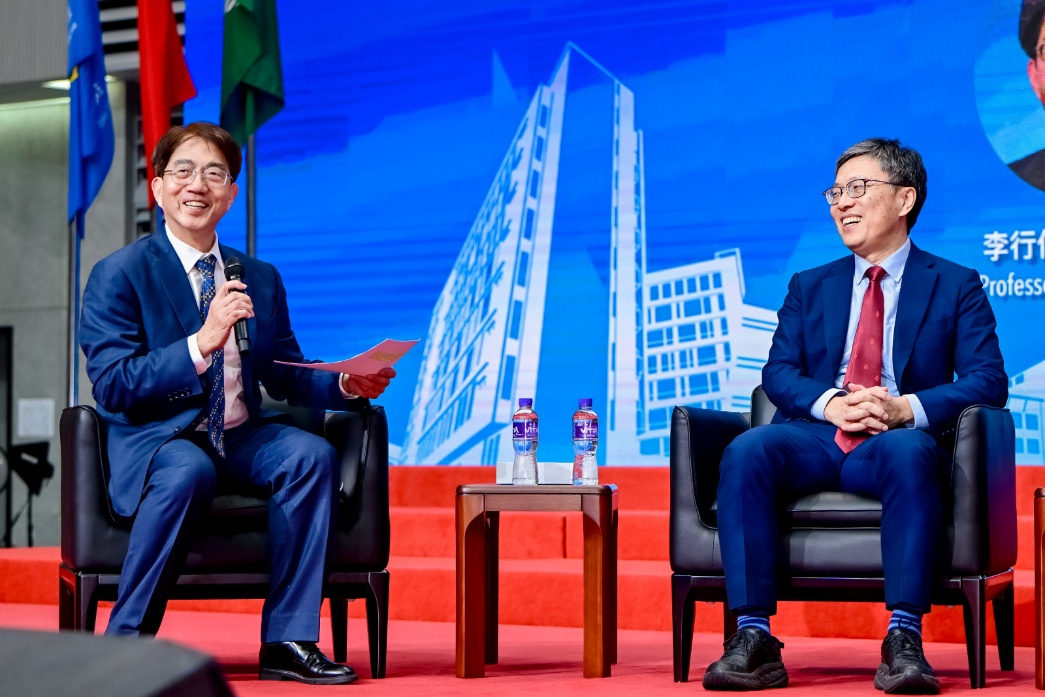
resident Lee hosting for the forum
The first high-level dialogue, titled "Integrated Development of Technology, Education, and Talent," featured discussants including: Dr. Harry Shum, Council Chairman of Hong Kong University of Science and Technology; Professor Arlindo Oliveira, Former President of the Instituto Superior Técnico, Executive Chairman of INESC, and 2025 Honorary Doctorate of MUST; Professor Li Shucai, Academician of the Chinese Academy of Engineering, and President of Shandong University; Professor Tong Shijun, Chancellor of New York University Shanghai; Professor Oliver Moravcik, Rector of Slovak University of Technology in Bratislava; Professor Yang Bin, Director of the Center for Leadership Development and Research of Tsinghua University; and Professor Fang Fang, Vice President of Peking University. The discussants explored how artificial intelligence (AI) can empower higher education, sharing thematic insights from their respective institutions and the impact of Chinese AI technology on the Western world. Their interactive discussions highlighted that AI induces a profound transformation in education. Universities need to adjust their educational models, organizational structures, and curriculum frameworks accordingly, which includes promoting interdisciplinary institutional setups, exploring international collaborations, investing in AI platforms, and strengthening the integration of humanities with technology, to better align with the AI-driven educational landscape.
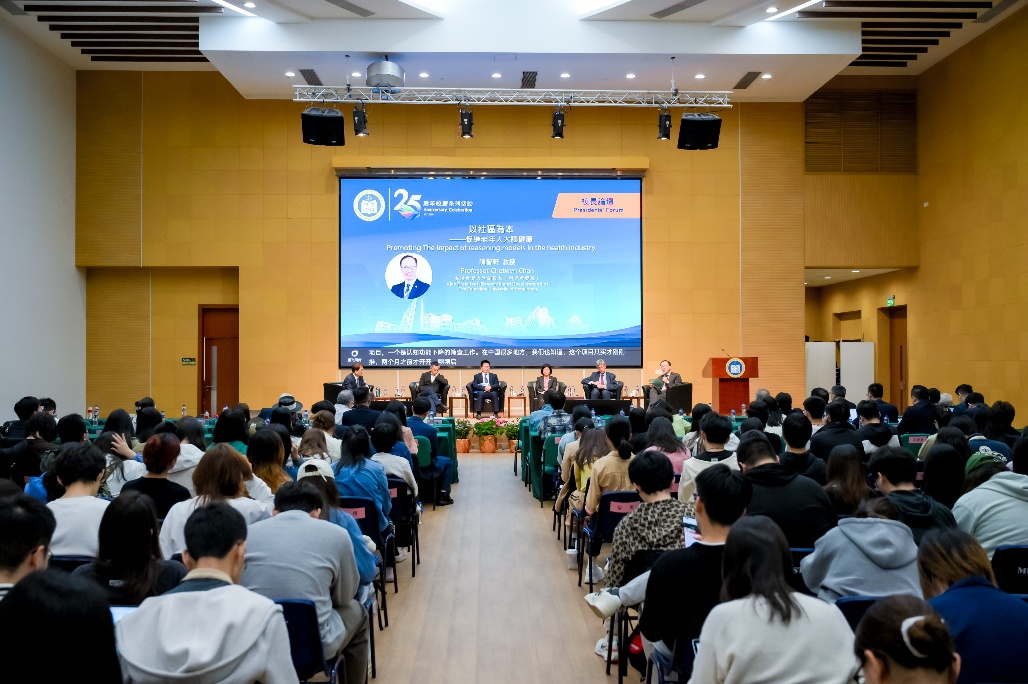
Photos of the second high-level dialogue
The two high-level dialogues in the afternoon were both held in the N101 Auditorium of MUST. The second high-level dialogue, themed "Sustainable Development," featured discussants including: Professor of Practice Tong Ka Lok, Vice President of MUST; Professor Zhang Junfeng, President of Ocean University of China; Professor Xue Hongwei, President of South China Agricultural University; Professor Zhou Jianghong, Vice President of Zhejiang University; Professor Shan Zhiwei, Vice president of Xi'an Jiaotong University; Professor Philippe Gourbesville, President of the International Association for Hydro-Environment Engineering and Research. The discussants shared thematic insights on how AI can advance sustainable development, focusing on areas such as ecological protection, green production transformation, marine governance, agricultural intelligence, disaster prevention, and water resource allocation. Through interactive discussions, they concluded that higher education institutions should build cross-platform intelligent management systems, embrace AI-driven opportunities by accelerating digital transformation, and cultivate interdisciplinary talents with both humanistic care and technical capacities.
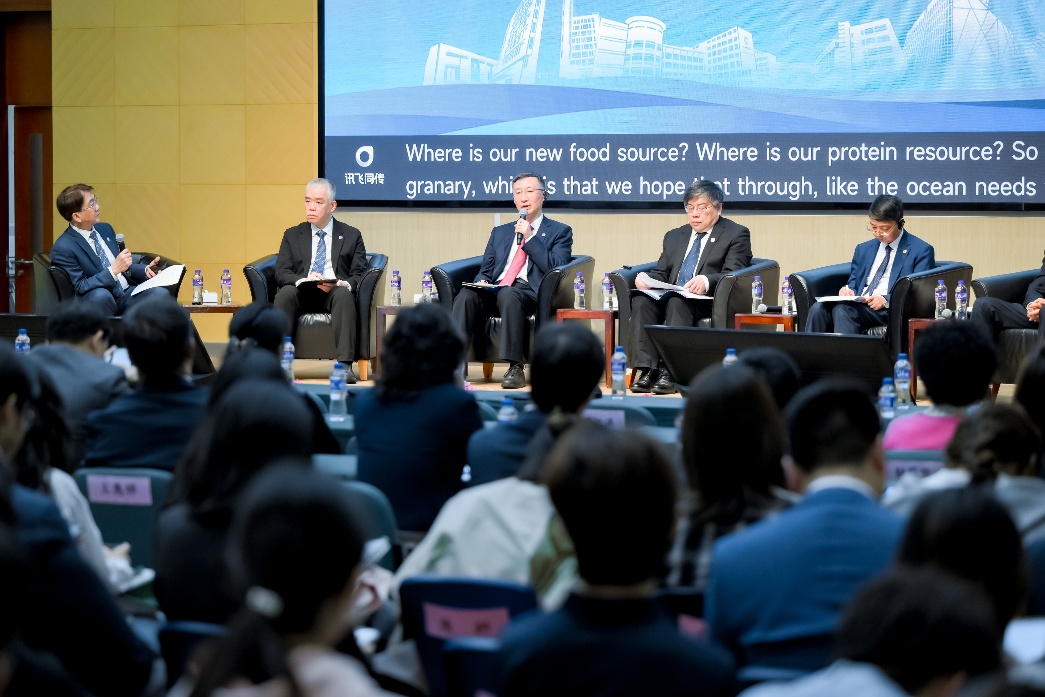
Guests share insight at the forum
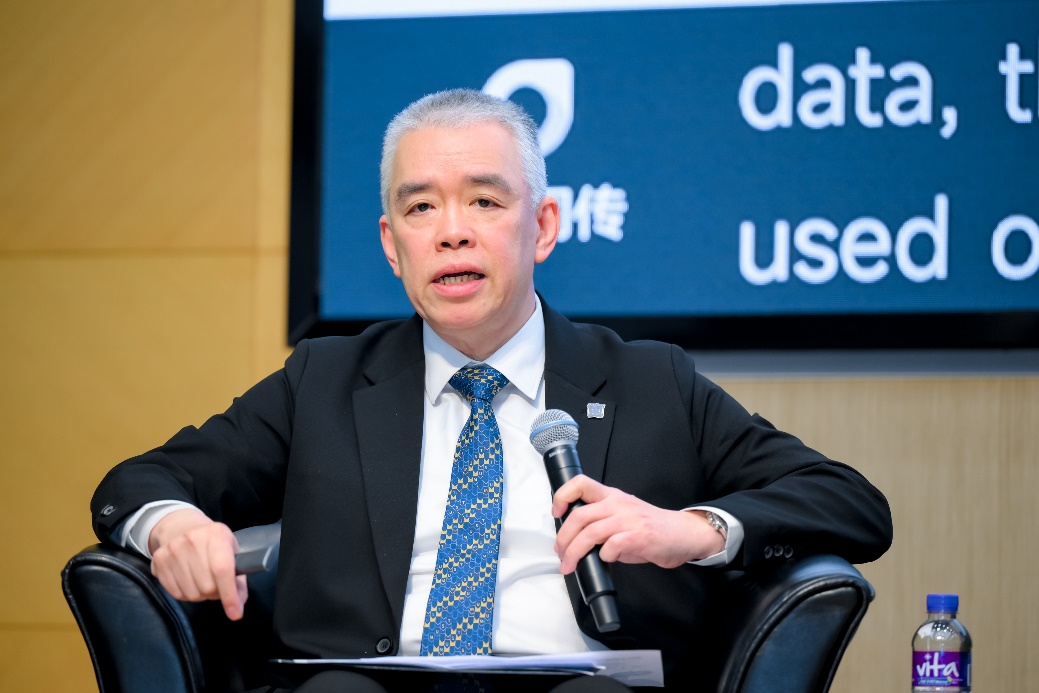
Vice President of MUST Professor of Practice Tong Ka Lok sharing his insight
The third high-level dialogue, themed "Big Health Industry," featured discussants including: Chair Professor Zhang Kang, Vice Dean of the Faculty of Medicine of MUST; Professor Zhang Zhaoguo, Vice President of Shanghai Jiao Tong University; Professor Sham Mai Har, Vice President (Research) of the Chinese University of Hong Kong; Professor Arlindo Oliveira, Former President of the Instituto Superior Técnico; and Professor Chetwyn Chan, Vice President (Research and Development) of the Education University of Hong Kong. The discussants shared insights from their research fields and institutions, noting that while rapid AI development enhances medical efficiency and precision medicine, it also faces challenges in medical ethics and regulation. They emphasized that higher education institutions should integrate medical research, education, and practice, leveraging disciplinary clusters and innovation systems to build a full-chain ecosystem, promoting technological innovation in the healthcare system and fulfilling social responsibilities.
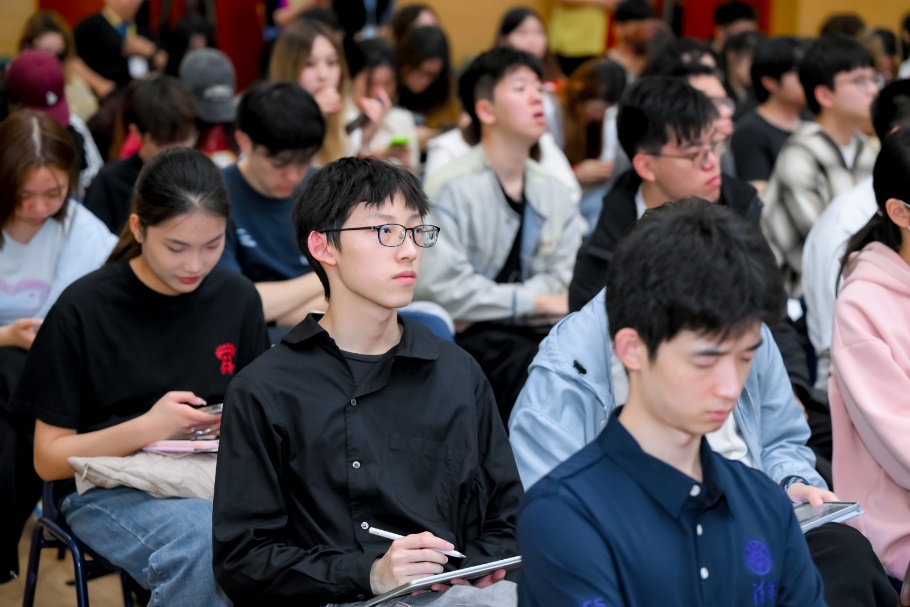
Students listening closely to the forum
President Lee concluded the forum by stating that higher education in the AI-era must balance innovation with risks, grasping the momentum of knowledge exploration while addressing potential limitations such as AI literacy gaps, educational equity, privacy protection, and data security. He proposed using this Forum as a starting point to deepen global cooperation and jointly address the challenges of building China as a leading country in education.
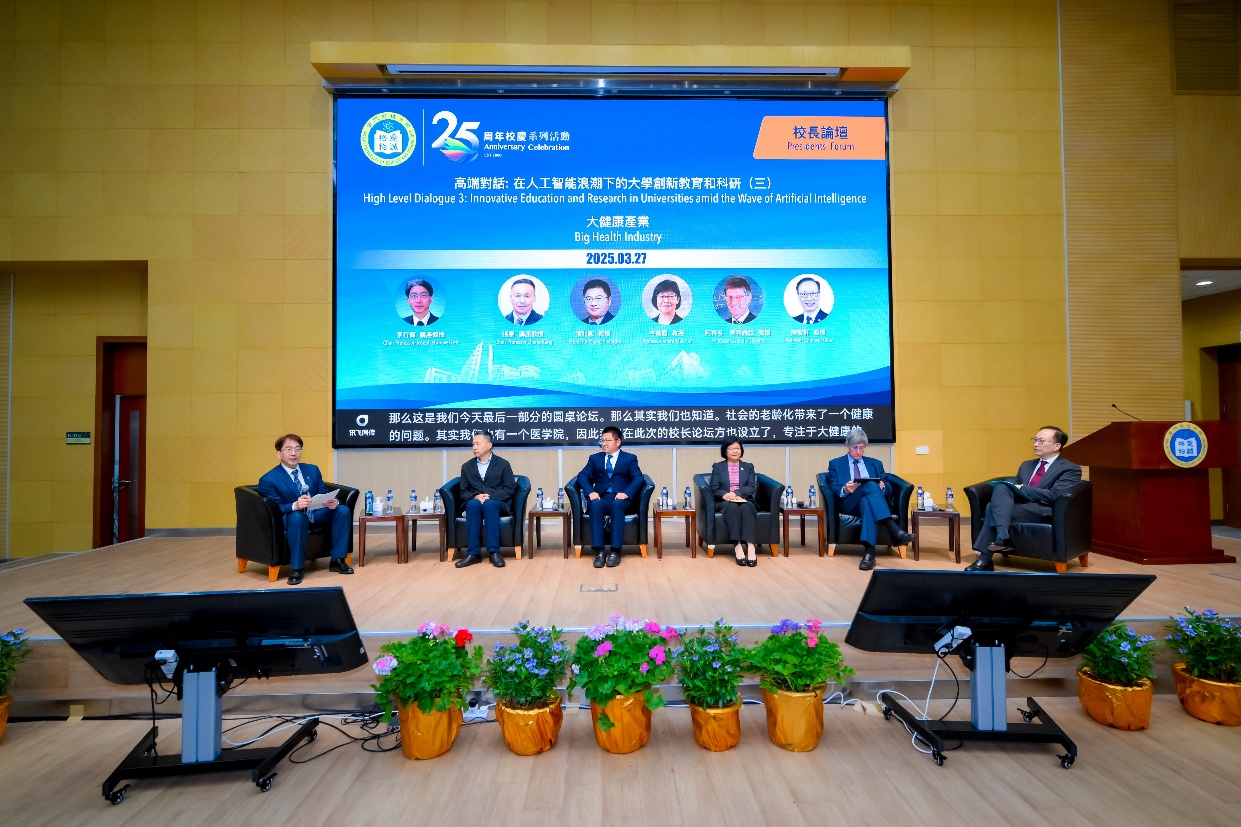
President Lee concluding for the President’s Forum
As an important event of MUST's 25th anniversary celebrations, the Presidents’ Forum systematically explored the opportunities and challenges universities face in driving innovative education and research in the era of AI. The Forum is well-received by all attendees, offering inspiration and direction on how individuals can leverage opportunities and mitigate challenges in the era of AI.
